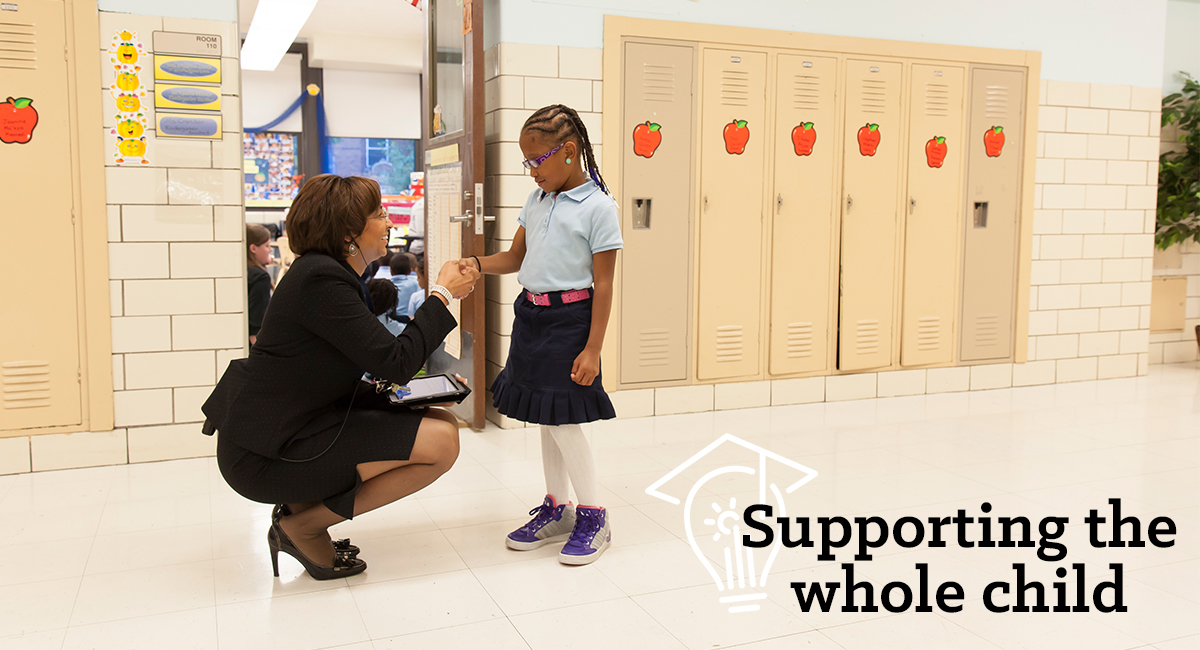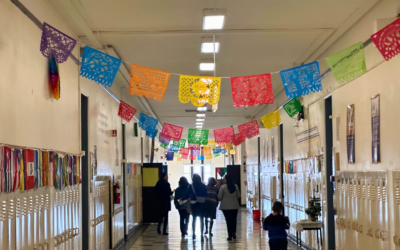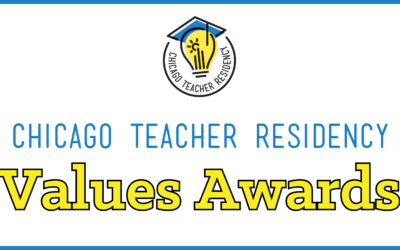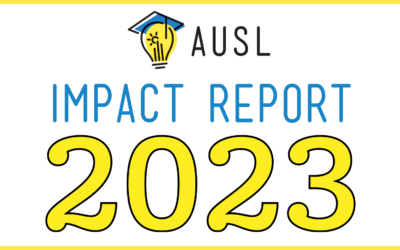[vc_row][vc_column][vc_single_image image=”5142″ img_size=”full”][/vc_column][/vc_row][vc_row][vc_column][vc_column_text]Karen Pittman, a member of Aspen Institute’s National Commission on Social, Emotional, and Academic Development, recently reflected on her visit with two Tacoma public schools. Her piece in the Washington Post spoke of what she saw and heard in classrooms and from leaders that reinforced to her that educating the “whole child” (or also known as social-emotional learning) isn’t just jargon or a fad, but a shift in the mindset of leaders and teachers that is yielding real impact on student outcomes (and is supported by emerging data-based research).
Ms. Pittman describes observing high schoolers across two Tacoma high schools tackling tough life issues with each other in their classrooms, empowered by their teacher to integrate their lived experiences into their day-to-day school lives. The student-focused curriculum that allow them to do this are supported, if not demanded, by school and district leadership.
This level of integration is amazing to hear about. What perhaps we don’t hear through her observations are how these students have been supported by their schools to engage with, confront, and then productively discuss their personal experiences in an open, yet safe setting.
At AUSL, the idea of educating the whole child starts with supporting the whole child. Empowering them by creating safe spaces to engage with and confront the challenges they face outside of the classroom and school environment — support that so often is lacking for students from challenging communities and home lives.
Our experience has taught us that illuminating a path for students to productively and regularly confront these stressors provides them the mental space to elevate their learning.
For us, and the leaders in our schools, supporting and empowering students in this manner is a way of life. Providing access to social work support and integrating restorative justice practices into the school day, or offering high-quality after-school opportunities (like drama or sports) from primary through high school are not options that all students across Chicago are offered. But, as the innovation zone within the Chicago Public School district, we strive to provide such supports to every student that needs them to level the playing field and remove obstacles to high-quality learning.
From our experience, and from what Ms. Pittman and the National Commission on Social, Emotional, and Academic Development have observed, supporting students outside and inside the classroom emotionally and socially is nearly as impactful as what and how they are taught.
Developing and enacting a social-emotional support strategy should be a part of any school’s efforts to drive student outcomes and take another step toward closing the achievement gap.[/vc_column_text][/vc_column][/vc_row]
























